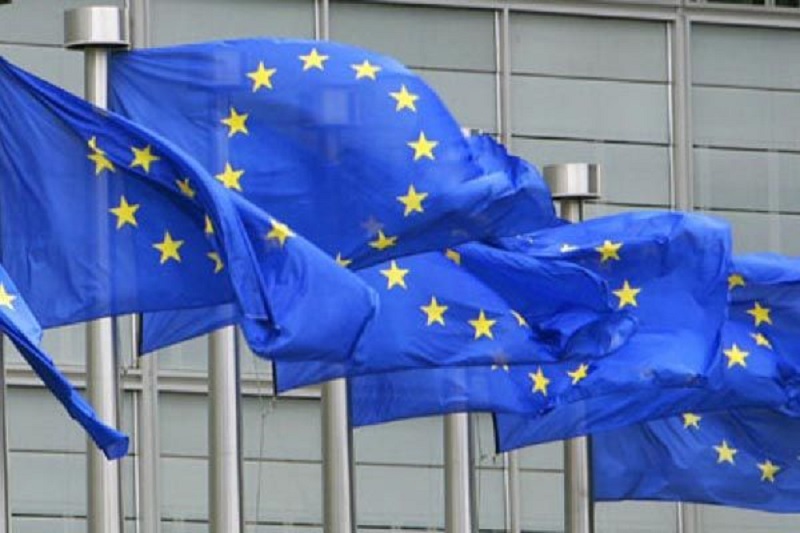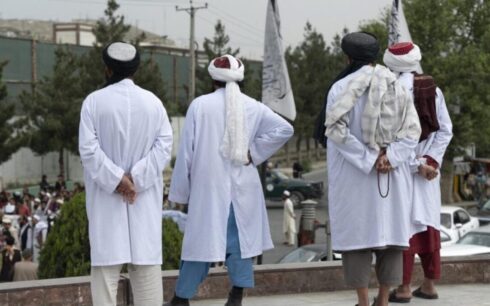The European Union has condemned the Taliban for publicly executing four men in the provinces of Nimroz, Badghis, and Farah, denouncing the acts as a violation of fundamental human rights.
In a statement, the EU reiterated its longstanding opposition to the death penalty, calling it a “cruel and inhumane punishment” that does not serve as an effective deterrent to crime. “It represents an unacceptable denial of the fundamental right to life and human dignity,” the bloc said.
The EU called on the Taliban to halt all future executions and urged the group to adopt policies that move toward the abolition of capital punishment.
The executions, carried out Friday on charges of murder, were widely condemned by the United Nations and international human rights organizations, including Amnesty International.
Taliban leader Hibatullah Akhundzada, however, reaffirmed his commitment to continuing the implementation of Qisas—retributive justice—and other punishments under the group’s interpretation of Islamic law. Speaking at a gathering in Kandahar for Hajj instructors, he dismissed international criticism, vowing not to back down under pressure from Western nations.
Akhundzada also framed support for his leadership as a religious obligation, saying, “Supporting me is equivalent to standing with God.” He again stressed the importance of obedience within the Taliban’s ranks and warned against internal division.
Since returning to power in August 2021, the Taliban have increasingly enforced public punishments, prompting widespread concern from human rights groups and the international community.





